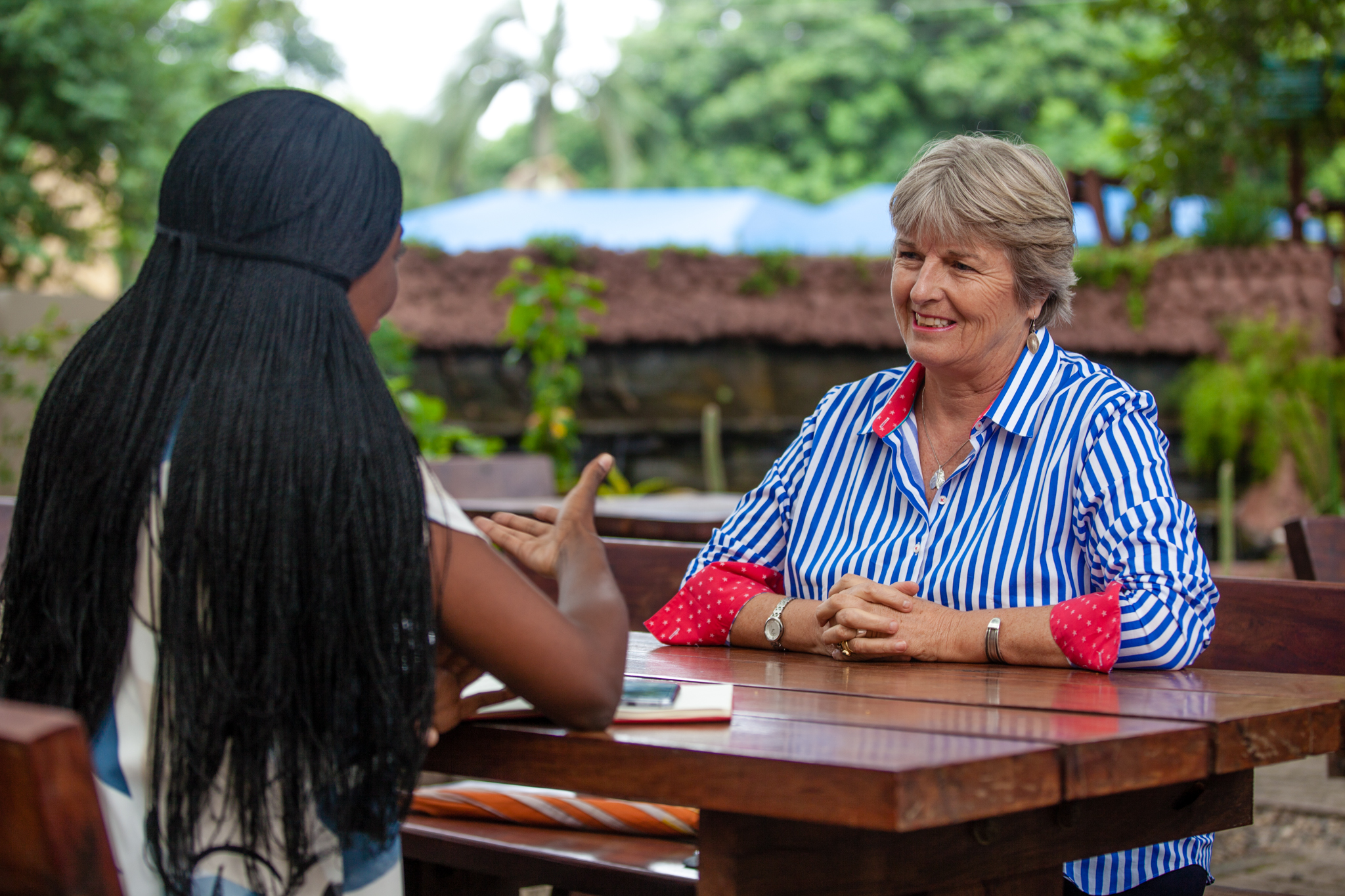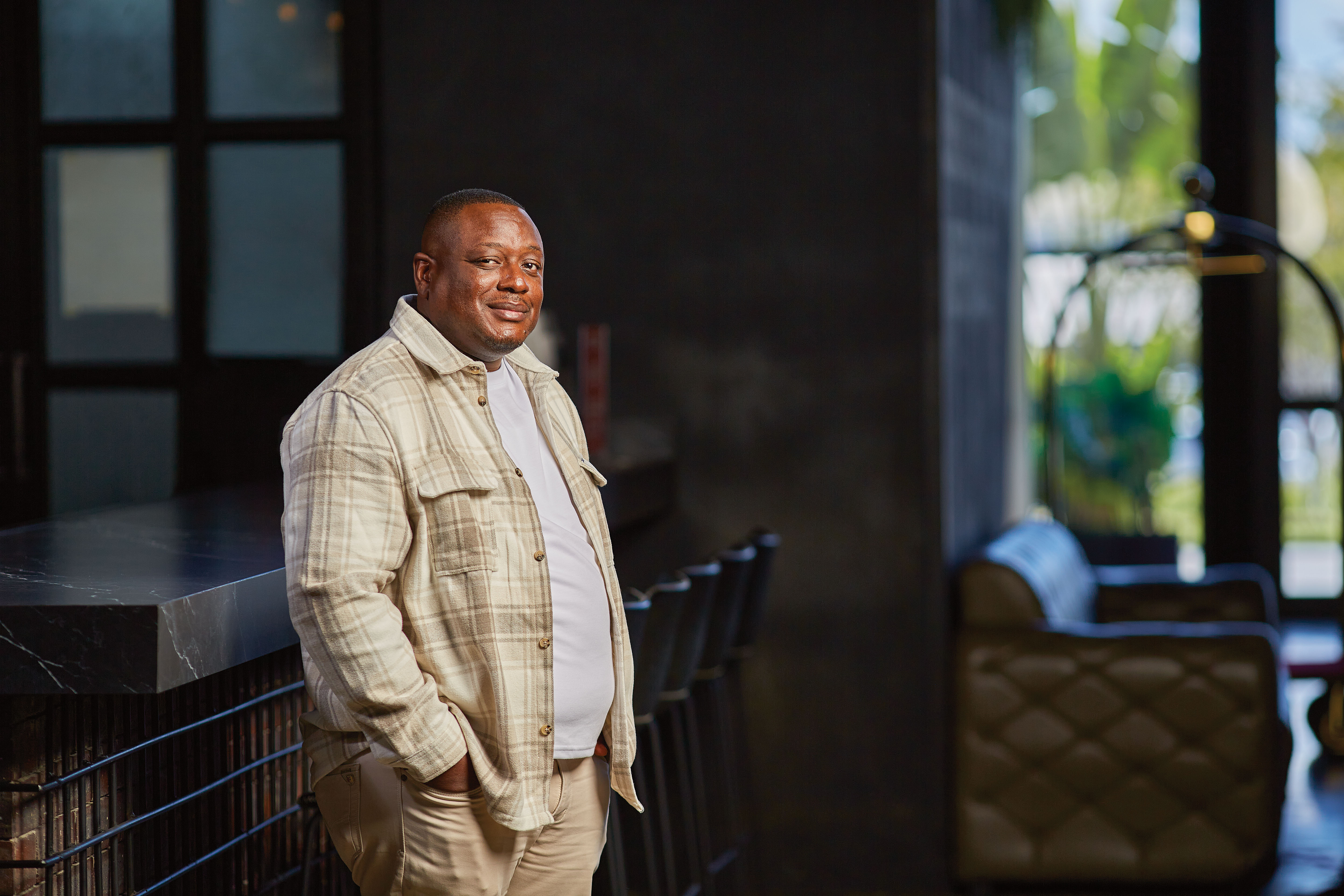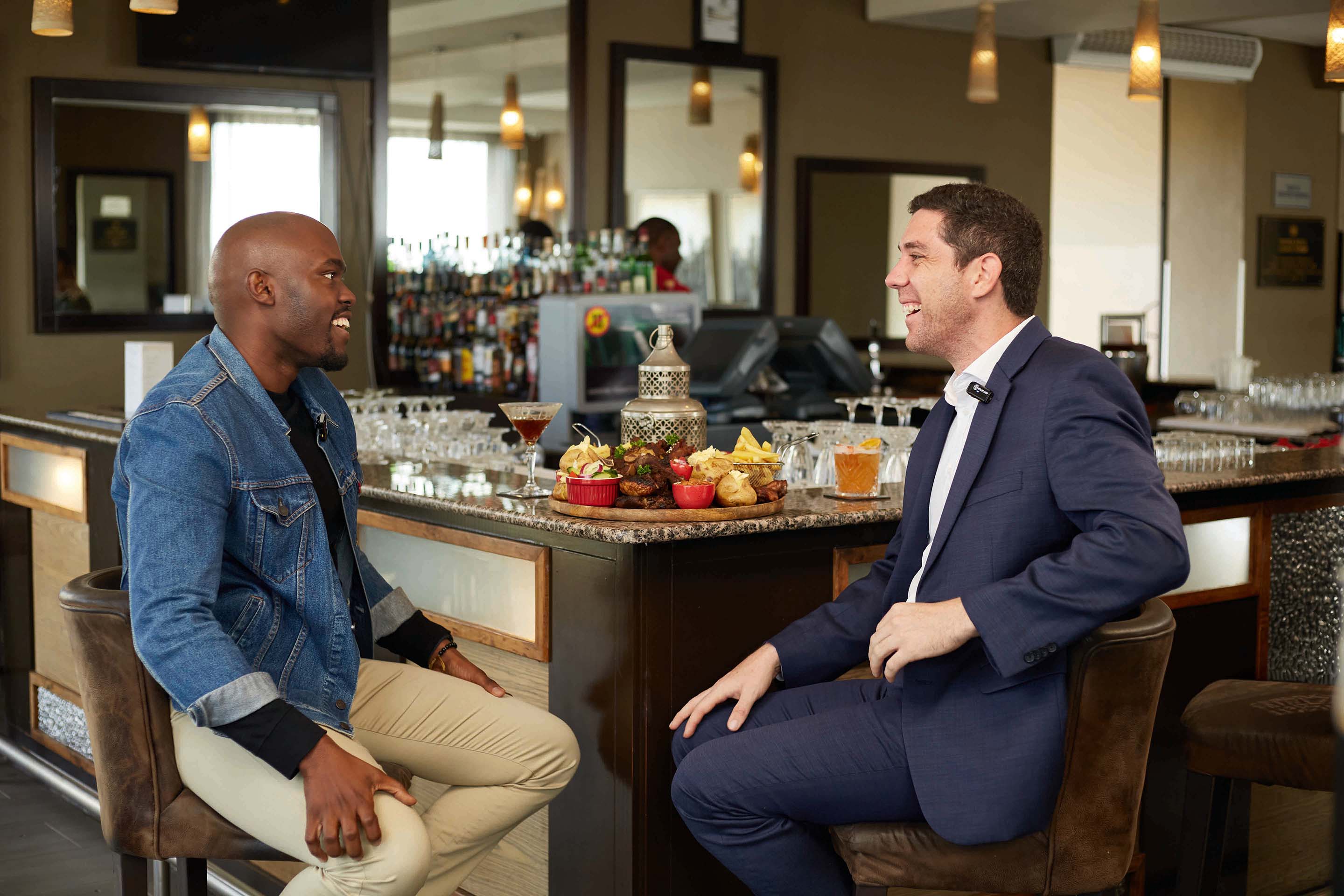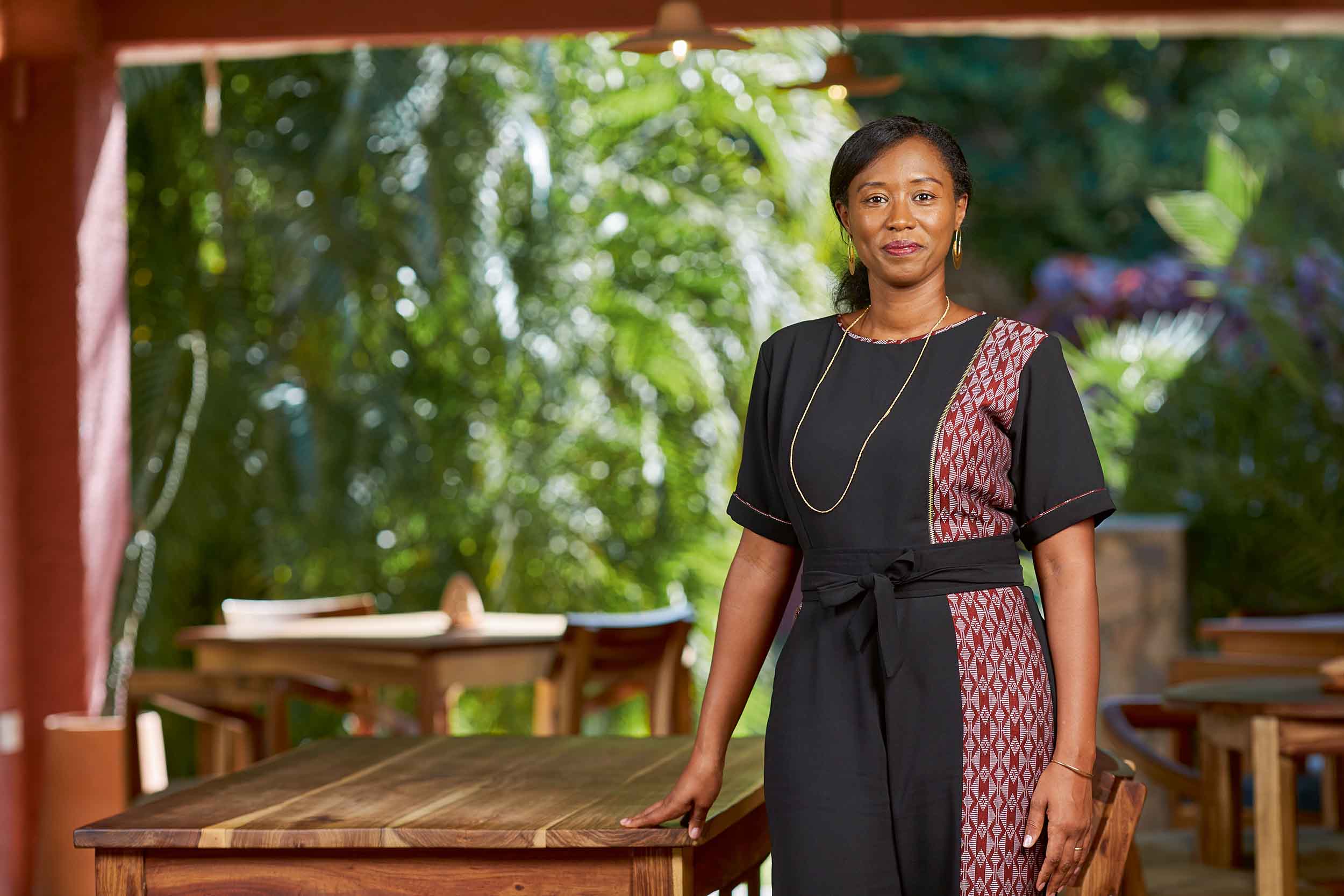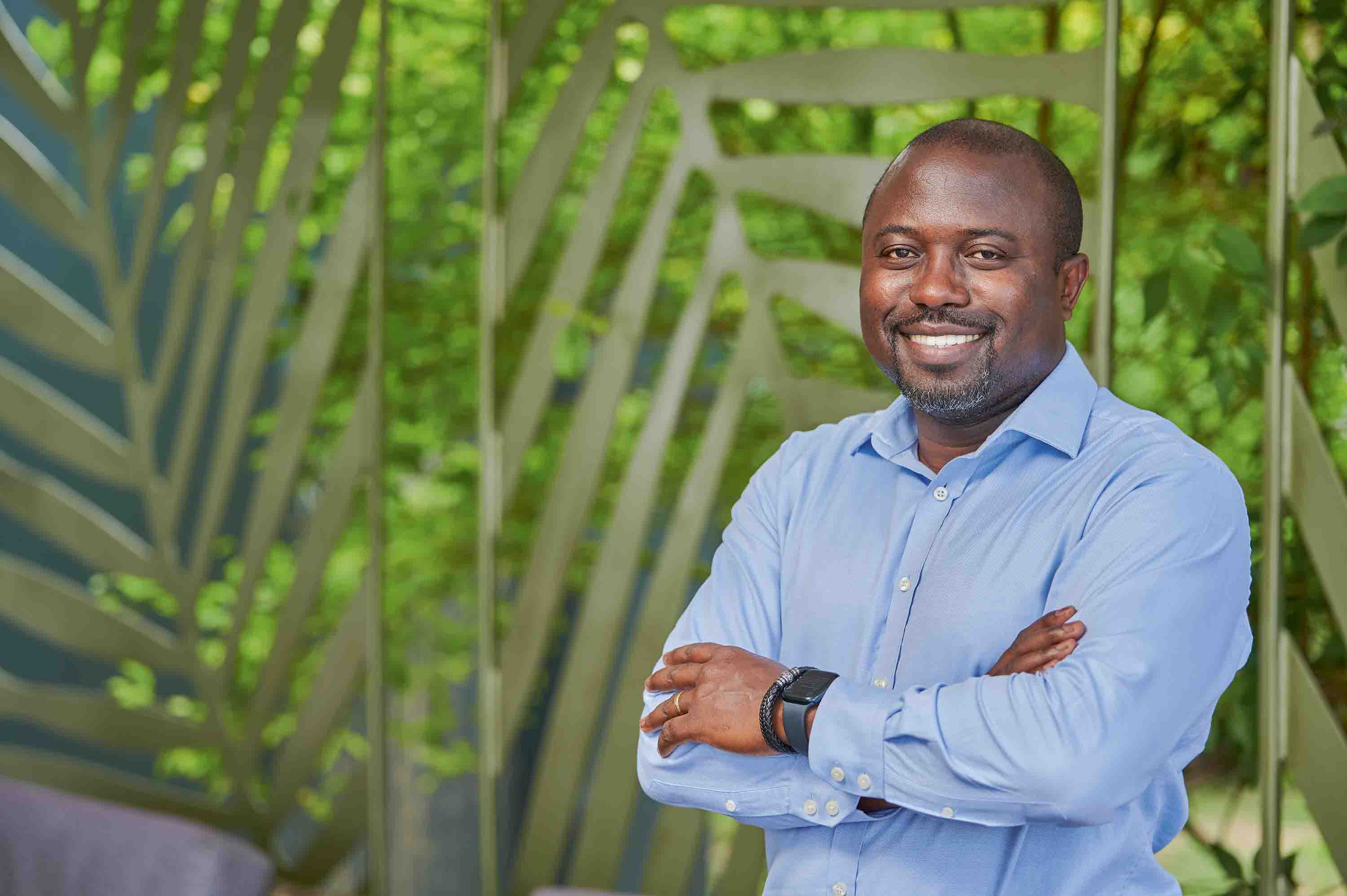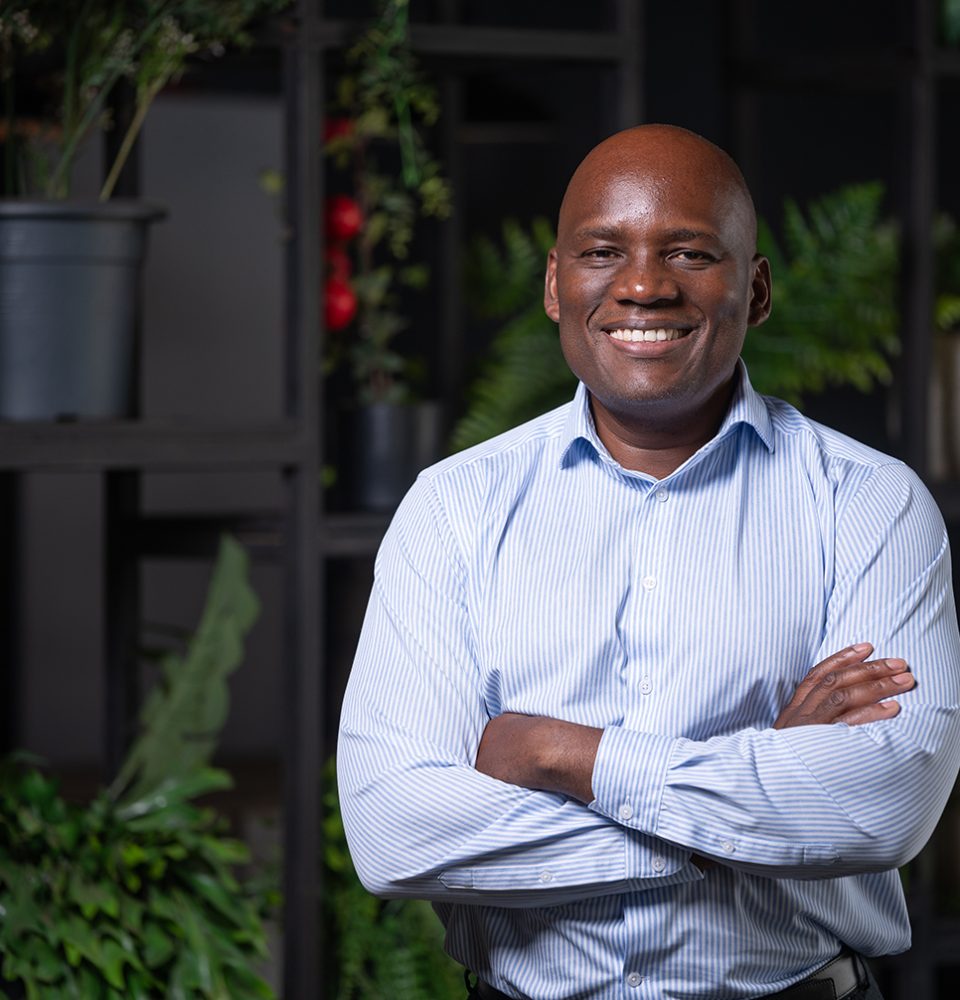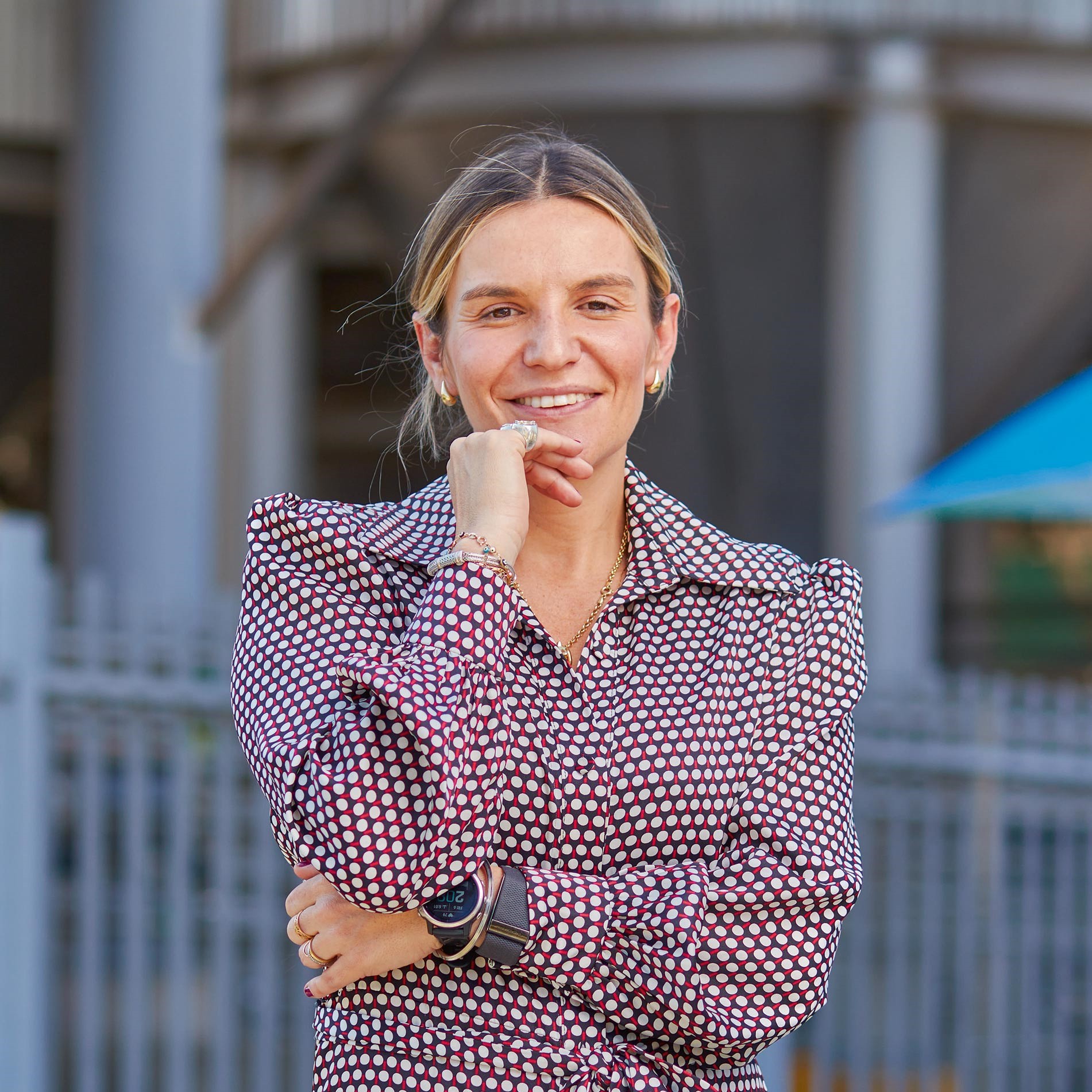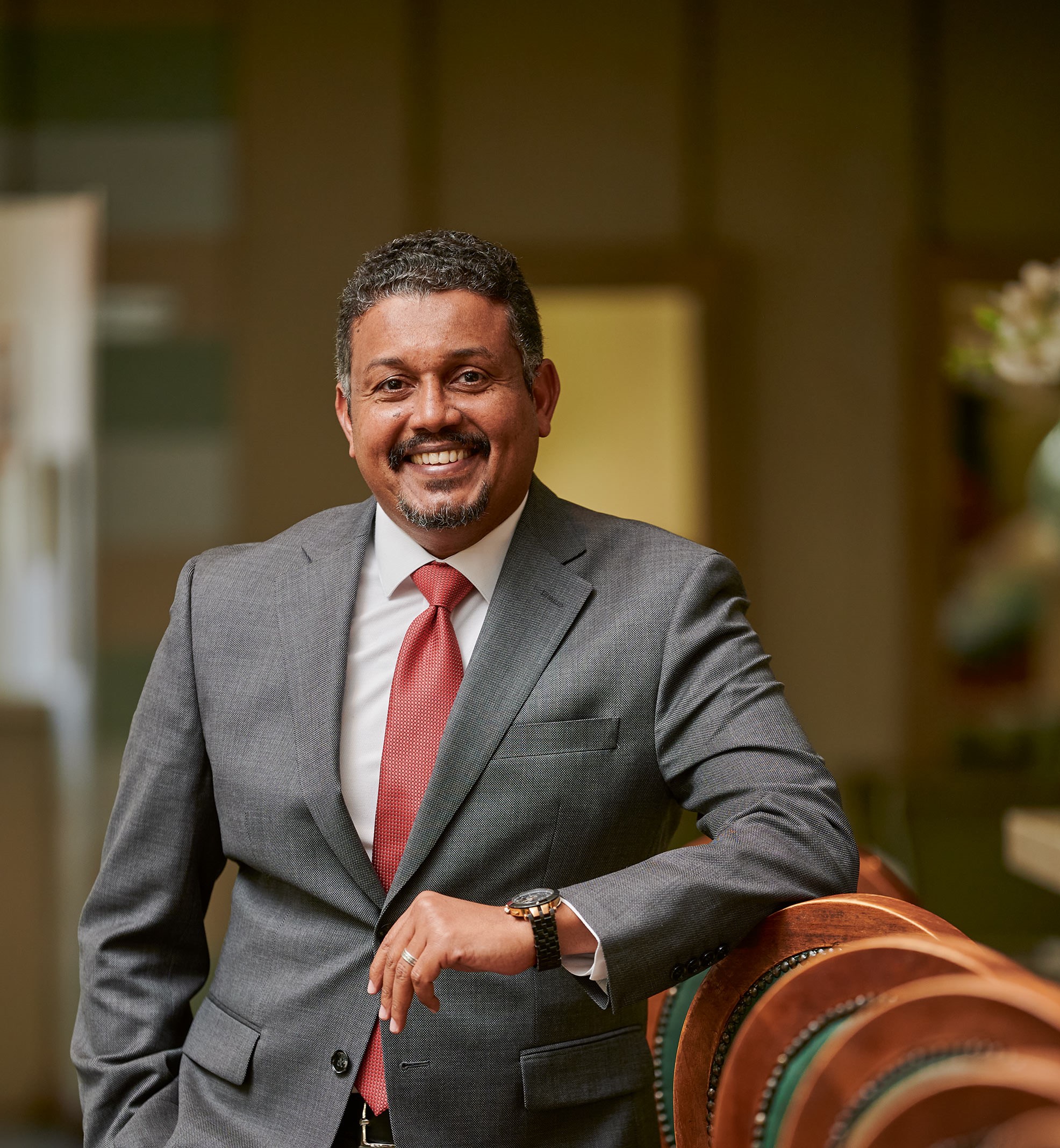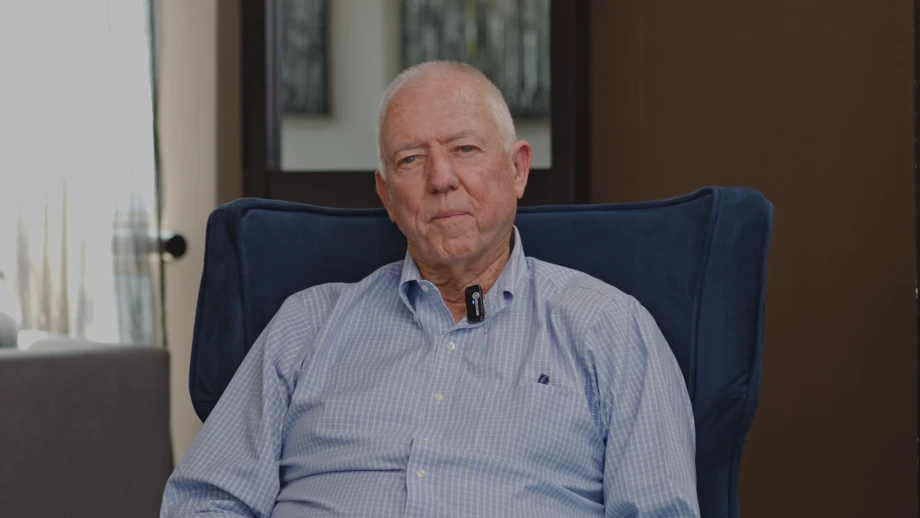Jo Pope is free-spirited, tenacious and a go-getter. Her approach to life and her willingness to take risks took her from the south of England to South Luangwa, where she made her name as a veteran of the Zambian tourism sector.
After sitting down for a conversation with Jo Pope, it’s easy to disagree with people who subscribe to the notion that, “Luck is what happens when preparation meets opportunity.” What is luck anyway? Reality has proven that success, on the other hand, is what happens when preparation meets opportunity. This is essentially Jo Pope’s life story. Sitting down at Fox & Hound, Jo shared enthralling tales of a childhood filled with adventure and seizing all manner of opportunities, which eventually led her to Zambia. Had our time not been limited, I could have sat there all day mesmerised by the trailblazer she is in many respects.

Tucked away in a cozy corner of Foxdale Court, the restaurant of choice for our chat is vibrant with an open, welcoming space outside. Fox & Hound is a hybrid of cafe, pizzeria, pub and restaurant elegantly wrapped in one lovely location. Jo ordered a detoxifier green smoothie to drink and opted for a chicken Caesar salad. My go-to drink is a cappuccino, so I ordered that and the bacon and chicken rolls. Since it was raining, comfort food was an inevitable choice for us. Thankfully the outdoor space was covered to shield us from the downpour.

As we waited for our orders, I asked Jo if she had ever imagined her life unfolding the way it has. She is a veteran in the local tourism industry, the first qualified female safari guide in Zambia, Project Luangwa founder, Proflight director and serial entrepreneur. Jo mused about her upbringing. Born to expatriate parents, Jo and her family lived in North Africa, West Africa, and the Persian Gulf thanks to her father’s job in the oil and gas industry. “In my parent’s first twenty years of marriage, they lived in 23 different houses. We moved a lot – Libya, Qatar, Beirut, Nigeria,” she says.

Born in the south of England, Jo became an expat child at the tender age of 6 weeks old and lived in Lebanon. She tells me, “I have been quite rootless and so it has been quite easy for me to come and live in Zambia when ultimately my roots are in England. But I feel quite unattached to England to be honest.” The middle child between two sisters, Jo and her siblings enjoyed their upbringing at boarding school and traveling the world to be with their parents during holidays.
At university, Jo studied zoology and confesses that back in 1982 she had no idea where that would take her. Little did she know that this was, in fact, preparing her for a life in Zambia. Even though she was offered a role at her university to do research she turned that down and instead went on a four month road trip around North America. Following her return to England, she got a job as a waitress.
Her commitment and focus got Jo promoted to restaurant manager after just three months of landing her first job as a waitress, without any prior work experience. Four years later, she jumped on a train to go exploring in Scotland when she realised that she didn’t want to work in a restaurant for the rest of her life. Within twenty-four hours of arriving in Scotland, Jo accepted a job as an assistant location manager on a big film starring Sean Connery. “She ended up staying in the film industry for another four years while figuring out her life. “Each time I fell into a job, I was very aware that I haven’t found my place in the world,” she admits.
One can’t help but be amazed at the number of seemingly risky decisions that Jo made in her early life. It takes a special kind of grit to rely on one’s gut instincts and explore unknown territories without any guarantee that things are going to work out. However, Jo is a firm believer that you get what you put out in the world. In this case, Jo was simply searching for something she felt she could do for the rest of her life. My question about whether she was ever afraid of making a wrong decision in her life was vetoed with, “Everything is reversible, except having a child.”
In 1988 Zambia finally beckoned, an opportunity Jo grabbed with both hands at the age of 29. She packed her bags to move to a country which she had to look up on a map. Another job had fallen in Jo’s lap and this time it would be the one that felt right for her. Robin Pope Safaris had been looking for a hostess and caterer at Tena Tena Camp in the remote Nsefu area of South Luangwa National Park. In 1988, Zambia was experiencing some tough times with only two supermarkets in Lusaka and very little on their shelves. Instead of getting on a plane back to London, Jo rolled up her sleeves and welcomed the challenge to transform Robin Pope Safaris into a world class safari operator. She recalls exclaiming at Robin, the proprietor of Robin Pope Safaris and her future husband, in the supermarket, “Are you serious, I’ve got to produce international cuisine with this? There’s so little here!”
Being heavily driven by instinct, Jo knew Zambia offered the perfect fit for her. She says, “Within two weeks, I knew this was it! I remember it so clearly, standing by the river and thinking I have never been more me than I am this time. Having tried on a number of shoes that didn’t fit, I just felt like this shoe fitted. Zoology which is science and nature, managing restaurants was hospitality and systems management, then in the film industry it was all about logistics and making things work – I felt like I was perfectly trained for this role at Robin Pope Safaris.” Another role that Jo knew she was suited for was being Robin’s wife. She knew within a month that he would be her husband. After more than 30 years together, in her own words, Jo is still the accelerator while Robin is the brakes, giving a balance approach to life.
Operating a business in a tough economy is the nature of the beast, it expands and contracts so you either innovate or close shop. Jo’s definition of innovation is very entrepreneur-friendly. She says, “Innovation is doing something different from your usual way of doing things.” For example, investing in aviation was born from a need to provide easy access to tourism through air transport. And this includes adopting sustainable practices in tourism, for which Robin Pope Safaris has won various awards. Robin Pope Safaris’ camps were among the first to introduce mobile walking safaris in an effort to be both adventurous and environmentally friendly.
Tourism creates a triangular economy where tourists spend money at a destination, where community members are employed and want to sustain their livelihoods and therefore contribute to the conservation of their environment. Without the environment and wildlife, tourism to these destinations will fall away. As Jo puts it, in our social responsibility, “We must all learn what we cannot not do and therefore what we have to do.” The birth of Project Luangwa, engendered from this principle to give back to the community, was launched in 2009. For over twenty years as Jo worked alongside Robin, she always found time to raise funds for the local community. To date, through tourism, many millions of dollars has been spent on community work in South Luangwa.
Even though Jo and Robin have stepped back from the running of Robin Pope Safaris, they remain advisers to the board. Jo is still active in the tourism sector through Proflight, Project Luangwa and a number of other initiatives. While she remains optimistic about the tourism industry in Zambia, Jo feels there is much room for improvement and that the sector could help grow the economy exponentially. With Africa only accounting for three per cent of global tourism, the opportunities are plenty. However, it all depends on us conserving our natural resources and whether we still have wild animals and wild places 50 years from now. A good relationship between the private and public sector is essential to facilitate sustainability, not only of the environment but also the tourism industry. Discussion and collaboration are necessary for the industry to thrive.
